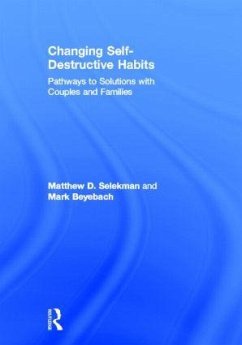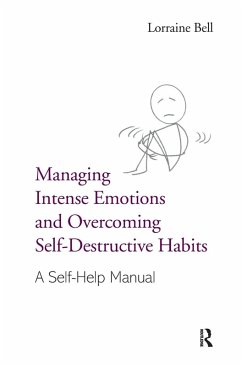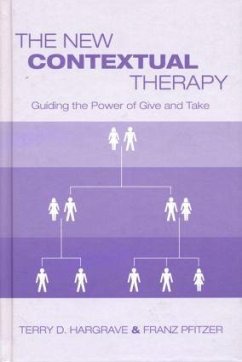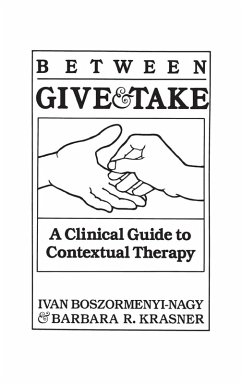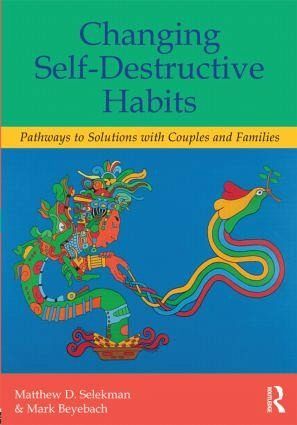
Changing Self-Destructive Habits
Pathways to Solutions with Couples and Families
Versandkostenfrei!
Versandfertig in 1-2 Wochen
49,99 €
inkl. MwSt.
Weitere Ausgaben:

PAYBACK Punkte
25 °P sammeln!
For the first time in one volume self-harm, substance abuse, eating-disordered behavior, gambling, and Internet and cyber sex abuse-five crippling, self-destructive behaviors-are given a common conceptual framework to help with therapeutic intervention. The authors use a solution-focused approach to address the difficulties of change, the risk of slips and relapses, and the ups-and-downs of therapeutic processes.





